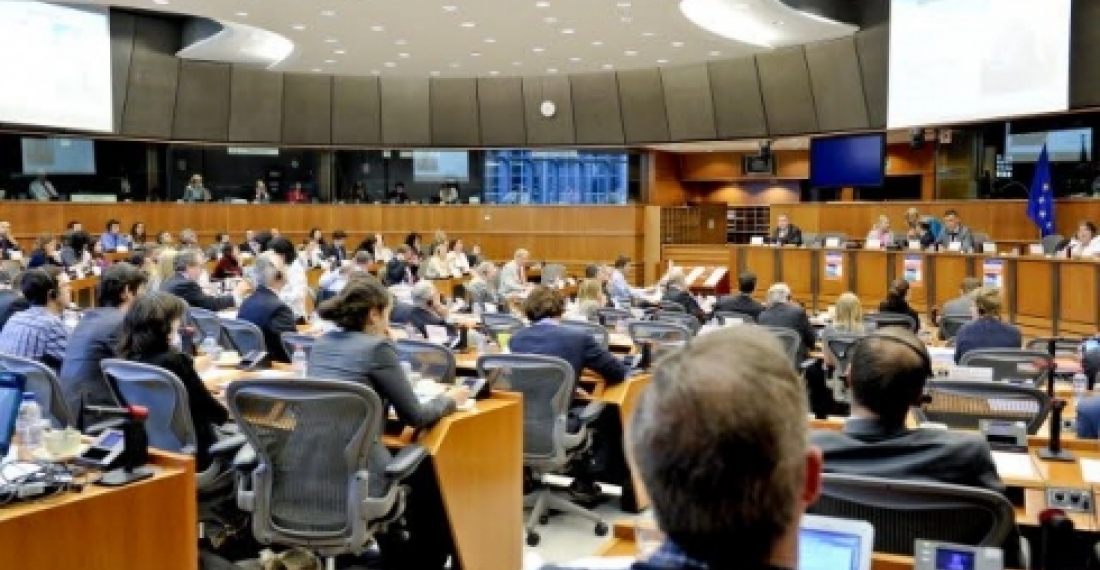The Defence and Security Committee of the European Parliament on Wednesday (20 June) held a special session to discuss the security situation around Nagorno-Karabakh, and the contribution that the European Union can make the towards the resolution of the conflict. In a briefing to MEPs, the EU Special Representative to the South Caucasus, Ambassador Philippe Lefort reaffirmed the readiness of the European Union to help the sides move towards a resolution of the conflict, but emphasised that a solution depends on the political will of the leadership in Armenia and Azerbaijan.
Opening the proceedings, Mr Arnaud Danjean, Chairman of the Parliament's Security and Defence Committee, said that the situation around Karabakh was a matter of concern to the Committee and the Parliament. The committee heard reports from Tracey German from the Department of Defence Studies, Kings College, London, who spoke about the general security situation; Adam Eberhardt, Deputy Director, Centre for Eastern Studies, Poland, who briefed the committee about the situation in Armenia and Azerbaijan; and Dennis Sammut, Director of LINKS who briefed the committee on the role of the EU in the resolution of the conflict. In his written submissions to the committee Dennis Sammut also tabled ten proposals that the European Union can do to enhance its role in the process of resolution of the Nagorno-Karabakh conflict.
The meeting was also addressed by the EU Special Representative for the South Caucasus, Philippe Lefort, who gave the Committee an overview of the current situation.
Many MEPs asked questions and made comments following the presentations.
Since the proceedings were open, a large audience of diplomats, journalists, EU officials, members of Brussels based think tanks and other interested persons were also present at the meeting, reaffirming once more the interest in the subject.
source: commonspace.eu
photo: The meeting of the European Parliament Security and Defence Committee on the security situation around Nagorno-Karabakh held at the Parliament in Brussels on 20 June 2012. (picture courtesy of the Press Service of the European Parliament)







